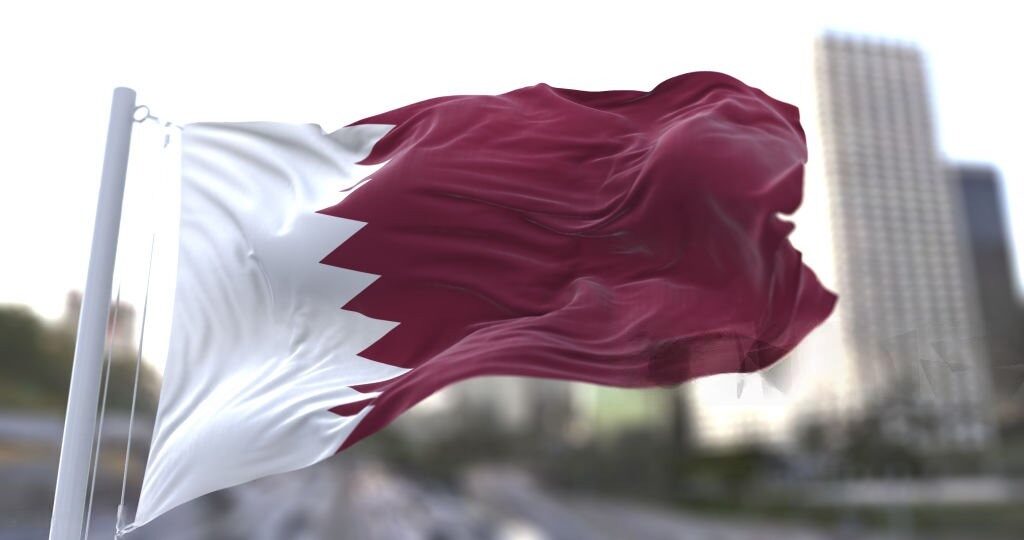The Arab Islamic Summit: A Critical Test of Unity in Response to Israeli Escalation

The Israeli strike on Doha did not only target Hamas leaders but also breached a long-standing diplomatic principle of the immunity of neutral ground. This escalation represents a dangerous precedent that redefines the rules of engagement in the Arab-Israeli conflict, where diplomatic arenas are no longer immune from military action.
The rare American response, through Trump's direct criticism of Netanyahu, reveals a clear discomfort with the uncalculated Israeli escalation. However, this discomfort has not yet translated into actual policy, placing the Arab and Islamic worlds in a position of responsibility to develop an effective deterrence strategy.
The biggest challenge for the summit lies in transforming the solidarity rhetoric into practical actions. The Arab and Islamic worlds possess economic and political pressure tools that could change Israel's calculations.
The Qatari leadership, which has played the role of the main mediator in the crisis, now finds itself in the position of a direct victim. This shift could represent an opportunity to redefine Doha's role from a neutral mediator to an active player in the regional balance of power.
The regional scene is witnessing profound geopolitical transformations, with external interventions declining and new regional alliances emerging. In this context, the summit could serve as a turning point towards a more independent Arab Islamic security system.
The options available to the summit range from imposing collective sanctions on Israel, seeking international protection for diplomatic missions, to filing international legal complaints. However, the success of any of these options hinges on the unity of stance and the ability of countries to overcome their divisions.
The summit represents a fateful test of the credibility of the Arab and Islamic worlds. Failure to come up with actual decisions could deal a blow to the Palestinian cause greater than the military strike itself, while success in unifying the stance could change the regional game rules in favor of the Palestinians.